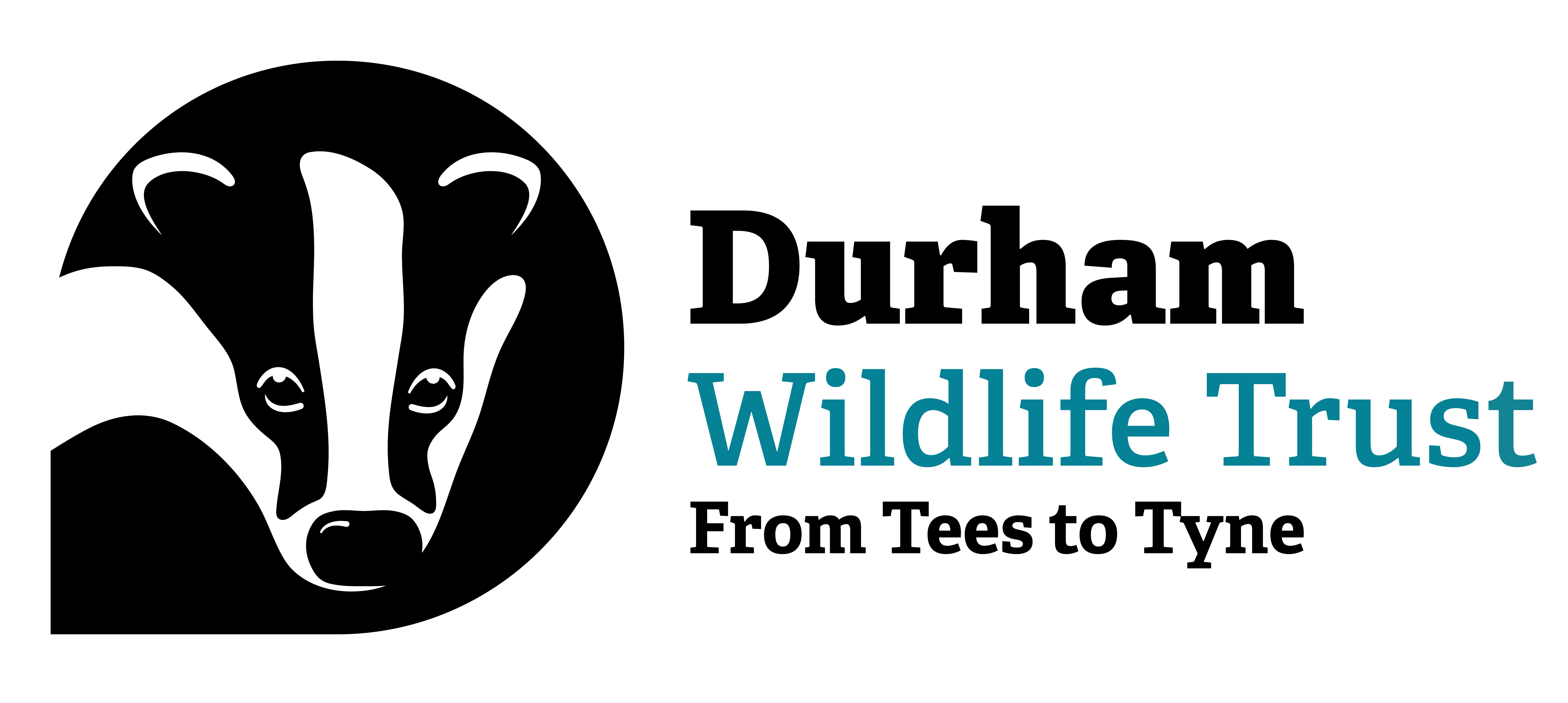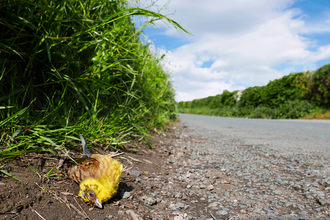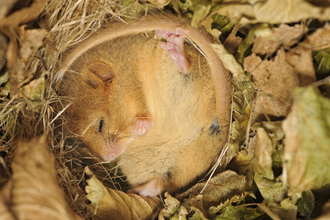Nature doesn’t react as fast as the financial markets or have a voice that all politicians listen to. Unfortunately, the danger we all face from short term and ill-informed thinking by politicians in relation to nature is more profound and long lasting than the financial equivalent.
If mankind doesn’t address climate change and biodiversity loss, interest rates will be the last thing our grandchildren are worrying about.
In the UK, short term thinking appears to have won the day and the Government’s response to external pressures is to cut regulation to try and create a burst of unsustainable economic growth. The natural environment that we all rely on for the air we breathe and the food we eat is a burden to be cast aside.
A Growth Plan was published on the 23 September, 2022, that proposed Investment Zones; geographical areas where the usual rules won’t apply. The intention is to accelerate growth and from the information currently available, the Government is seeking to ‘remove burdensome EU requirements which create paperwork and stall development but do not necessarily protect the environment’. Presumably that means the Habitats Regulations and the like, which protect the UK’s natural environment.
In the Durham Wildlife Trust area that means animals like the otter, which was lost from our rivers in the 1980s but was able to re-establish itself thanks to protection under the Habitats Regulations, amongst other things. The Durham Coast, once degraded and scarred by industry, now enjoys protection under the same legislation - a shining example of nature’s recovery - that is generating economic and social benefits. There’s a legal requirement for mitigation and compensation for loss or damage from development under this legislation, which protects our region's most important wildlife and special places.
So what’s the Government’s plan? No protection for the natural environment? Switch to existing domestic protections such as Sites of Special Scientific Interest - legislation that doesn’t require the same mitigation and compensation as the Habitats Regulations? At a time when nature needs greater protection, not less, there is understandable alarm. The review of schemes that will support farmers to deliver environmental benefits for society is further heightening fears for the future.
What can be done?
On that there’s a clear example to follow. Act, make your views known, just as the financial markets did. Our response might fall on ears less willing to listen but the message is more important than anything the IMF and others have had to say. The long term future of us all is at stake. Don’t let politicians gamble with the lives and livelihoods of future generations by backing a short-term bet.





